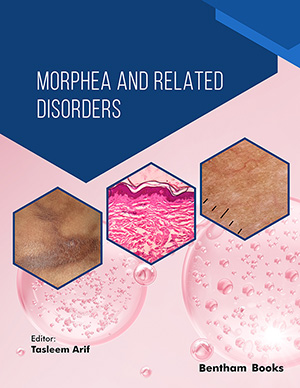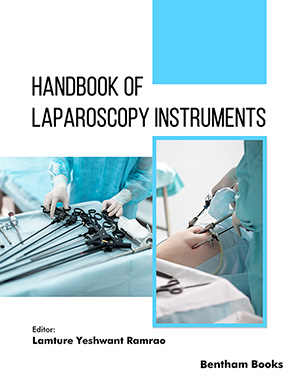Abstract
Background: Several drugs have been proposed for the treatment of breast cancer, but none has fully treated the disease so far.
Methods: MCF7 cells were cultured in RPMI-1640 medium, consisting of different concentrations of aqueous-alcoholic extract of the fruit of Capparis spinosa (0.125, 0.25, 0.5, 1, 1.5, 2, 2.5, and 5 mg/mL) for 48 and 72 hours. MTT assay was used to determine the cell proliferation inhibition (IC50). The percentage of apoptotic cells was determined by flow cytometry analysis using Annexin V/PI apoptosis detection kit. RT-PCR method was carried out to assess the fold changes of OCT4, NANOG, and SOX2 genes. Two-way ANOVA (tukeys) and t-test (repeated measure) were used for the statistical analysis of obtained data MTT assay and RT-PCR method, respectively. p < 0.05 was considered significant.
Results: Our results have shown that cell death was induced by increasing fruit of Capparis spinosa extract concentration. IC50 was observed at 48 h culture period with 4.81 mg/mL, and 72 h with 2.72 mg/mL fruit extract, respectively. Flow cytometry results exhibited an obviously significant augmentation in apoptotic MF7 cells. According to RT-PCR findings on the fruit of Capparis spinosa extract-treated cells, the mean expression of OCT4, NANOG, and SOX2 genes decreased after 48 and 72 h of incubation with IC50 concentration compared to controls.
Conclusion: The fruit of the Capparis spinosa species was able to decrease the expression of self-renewal genes in the MCF7 cell line. Therefore, the fruit of Capparis spinosa extract can be considered a promising candidate for the management of human breast cancer after clinical trials.
Keywords: Breast cancer, fruit of Capparis spinosa, MCF-7 cell line, anticancer agent, OCT4, NANOG, SOX2



























